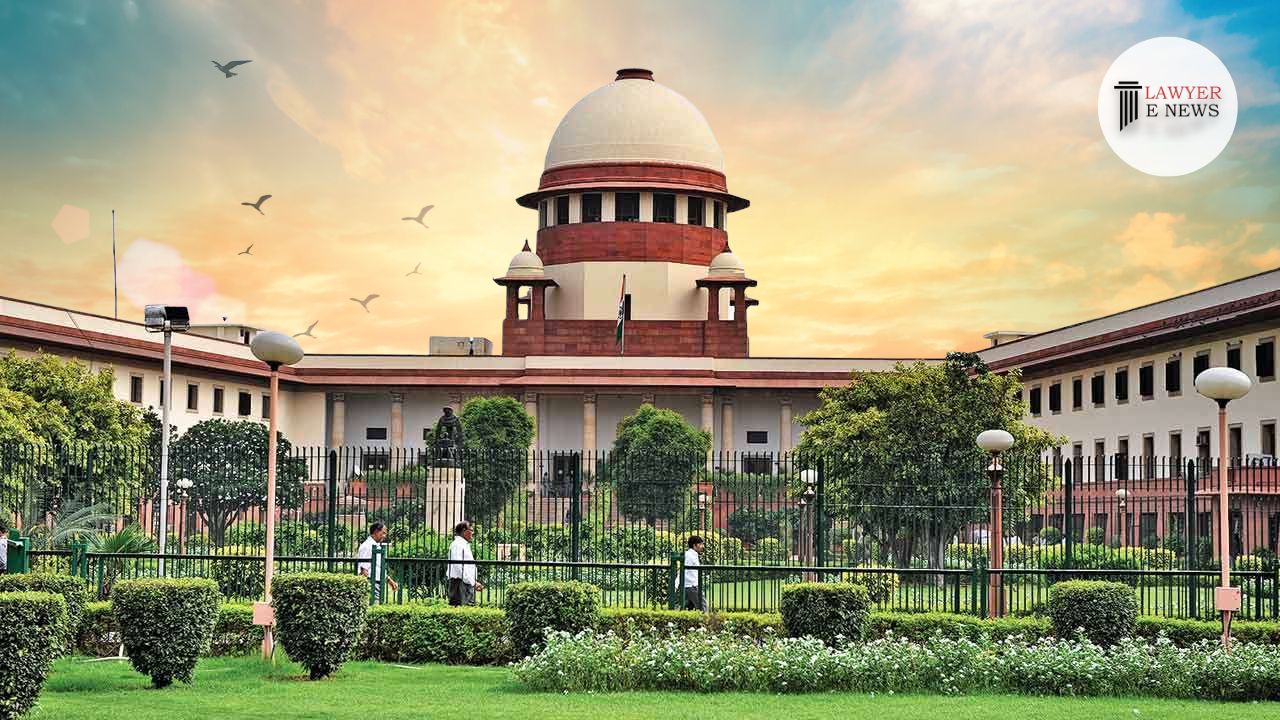-
by Admin
15 February 2026 2:36 AM



In a latest judgment, the Supreme Court of India has ordered the reinstatement of Ram Lal, a former constable in the Rajasthan Armed Constabulary, who was dismissed from service following allegations of falsifying his date of birth in educational documents. The bench, comprising Justices J.K. Maheshwari and K.V. Viswanathan, delivered a nuanced verdict that underscores the intricate balance between departmental enquiries and criminal proceedings in cases of employee misconduct.
The appellant, Ram Lal, faced severe charges under Sections 420, 467, 468, and 471 of the Indian Penal Code (IPC), accused of altering his date of birth from 21.04.1974 to 21.04.1972 in his 8th standard marksheet. This action was claimed to be an attempt to meet the age criteria for recruitment. Following a departmental enquiry, he was dismissed from service in 2004. However, in a subsequent criminal trial, he was acquitted by the appellate judge, who found significant inconsistencies in the prosecution’s evidence.
In their decision, the Supreme Court meticulously examined the evidence and witness testimonies from both the departmental enquiry and the criminal trial. The Court observed, “The court in judicial review is obliged to examine the substance of the judgment and not go by the form of expression used.” This observation highlights the necessity for judicial bodies to delve beyond surface-level findings and consider the deeper implications and integrity of evidence presented.
The Court’s analysis revealed that the original 8th class marksheet, which was central to the case, showed no alteration in the date of birth. This critical piece of evidence was overlooked in the departmental proceedings. The Supreme Court, recognizing the limited scope of judicial review in such matters, nonetheless found the enquiry vitiated by the omission of crucial evidence.
Justice K.V. Viswanathan, delivering the judgment, stated, “We are satisfied that the findings of the appellate judge in the criminal case clearly indicate that the charge against the appellant was not just, ‘not proved’ – in fact, the charge even stood ‘disproved’ by the very prosecution evidence.”
As a result, the Supreme Court ordered the reinstatement of Ram Lal with 50% back wages and all consequential benefits, including seniority and notional promotions. This decision sets a significant precedent in cases where employees face parallel departmental and criminal proceedings, emphasizing the importance of thorough and fair consideration of all evidence.
Date of Decision: 4 December 2023
RAM LAL VS STATE OF RAJASTHAN & ORS.
